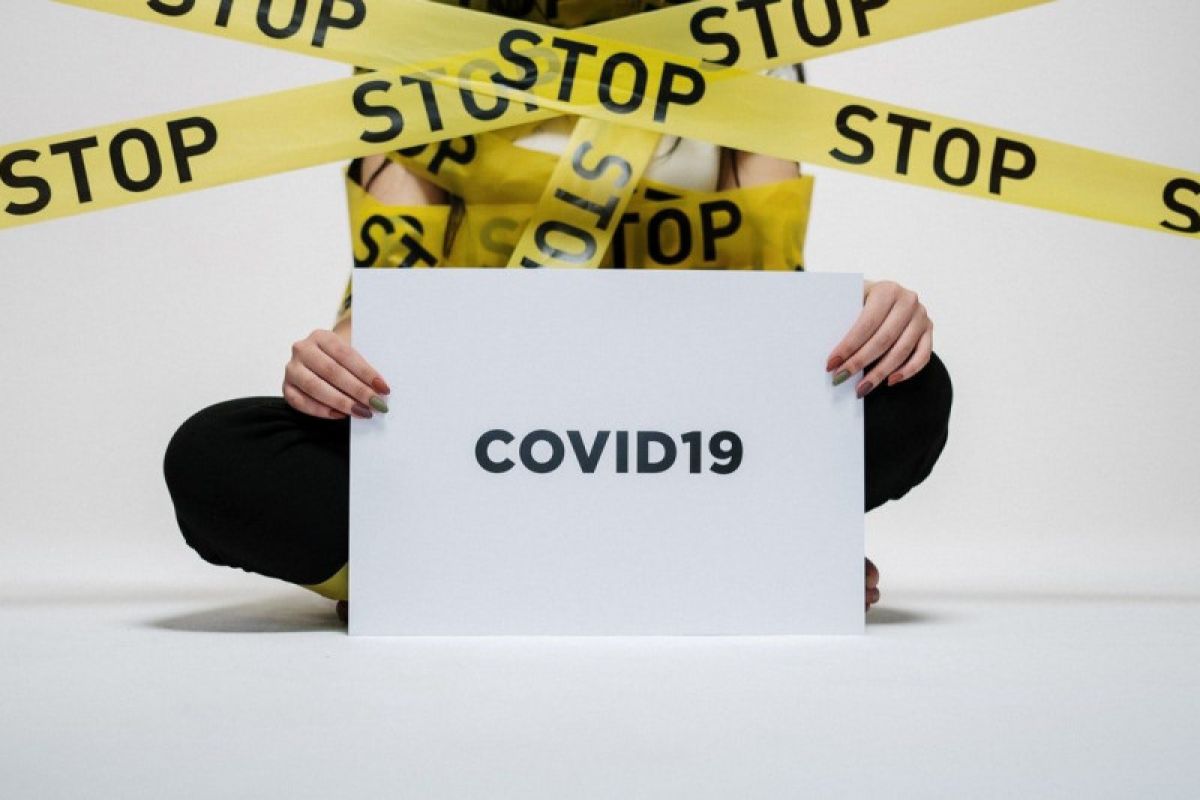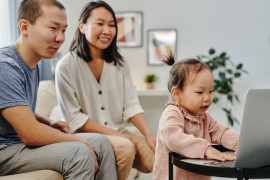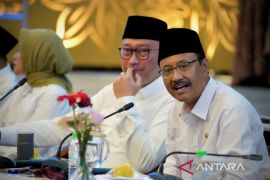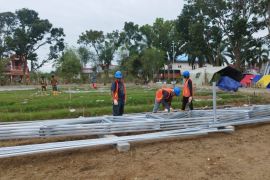They are easily accepting new information or suggestions from their peers without checking the facts. If they have joined a social media group with other COVID-19 deniers and false information is circulating on the group, they tend to accept it withJakarta (ANTARA) - COVID-19 deniers, or people who reject facts concerning the pandemic, tend to be inept and imprudent, according to Rininda Mutia, a psychologist from the University of Indonesia (UI).
"They are easily accepting new information or suggestions from their peers without checking the facts. If they have joined a social media group with other COVID-19 deniers and false information is circulating on the group, they tend to accept it with ease," Mutia told ANTARA on Wednesday.
There are many reasons that can turn individuals into COVID-19 deniers, she said adding, believing in conspiracy theory, for instance, may be one possible reason.
When people are overwhelmed by too much information but lack critical thinking skills to investigate all claims, they easily accept false information despite reality, she explained.
Social media users must remain wary of new information and accept only information from trusted sources instead of rumors of unknown origin, Mutia advised.
Social media users should also avoid joining groups which circulate false information about COVID-19 intensively, she said.
Related news: Double protection for Indonesian frontliners amid COVID-19 spike
Fear and doubt can lead people to deny the existence of COVID-19 by deciding to ignore the frightening fact in spite of the real danger posed by the disease, she noted.
They think that by denying its existence, the virus will no longer exist despite indications to the contrary, she added.
"It is a basic instinct for a human when something frightening approaches and they are unprepared to face it, they will simply deny it," Mutia stated.
She urged social media users to help rectify false information and provide the correct narrative to people who believe in false information. However, social media users must not expect explanations to change deniers' beliefs, she advised. Sometimes, they can even agree to disagree if those who believe in false information fail to be convinced, she added.
Related news: Indonesia marks 76th Independence Day with low-key celebrations
"We cannot force our perception onto others because we will become frustrated and feel helpless if we repeatedly think about their rejection of the facts we have explained," she said.
Besides informing others of the correct information, social media users must maintain self-control and help prevent COVID-19 infections by following the health protocols and getting vaccinated to achieve herd immunity, she added.
Related news: Finance Ministry highlights infrastructure budget use plan for 2022
Related news: COVID-19: 30-minute dining time cap more suitable for restaurants
Translator: Nanien Yuniar, Nabil Ihsan
Editor: Fardah Assegaf
Copyright © ANTARA 2021












